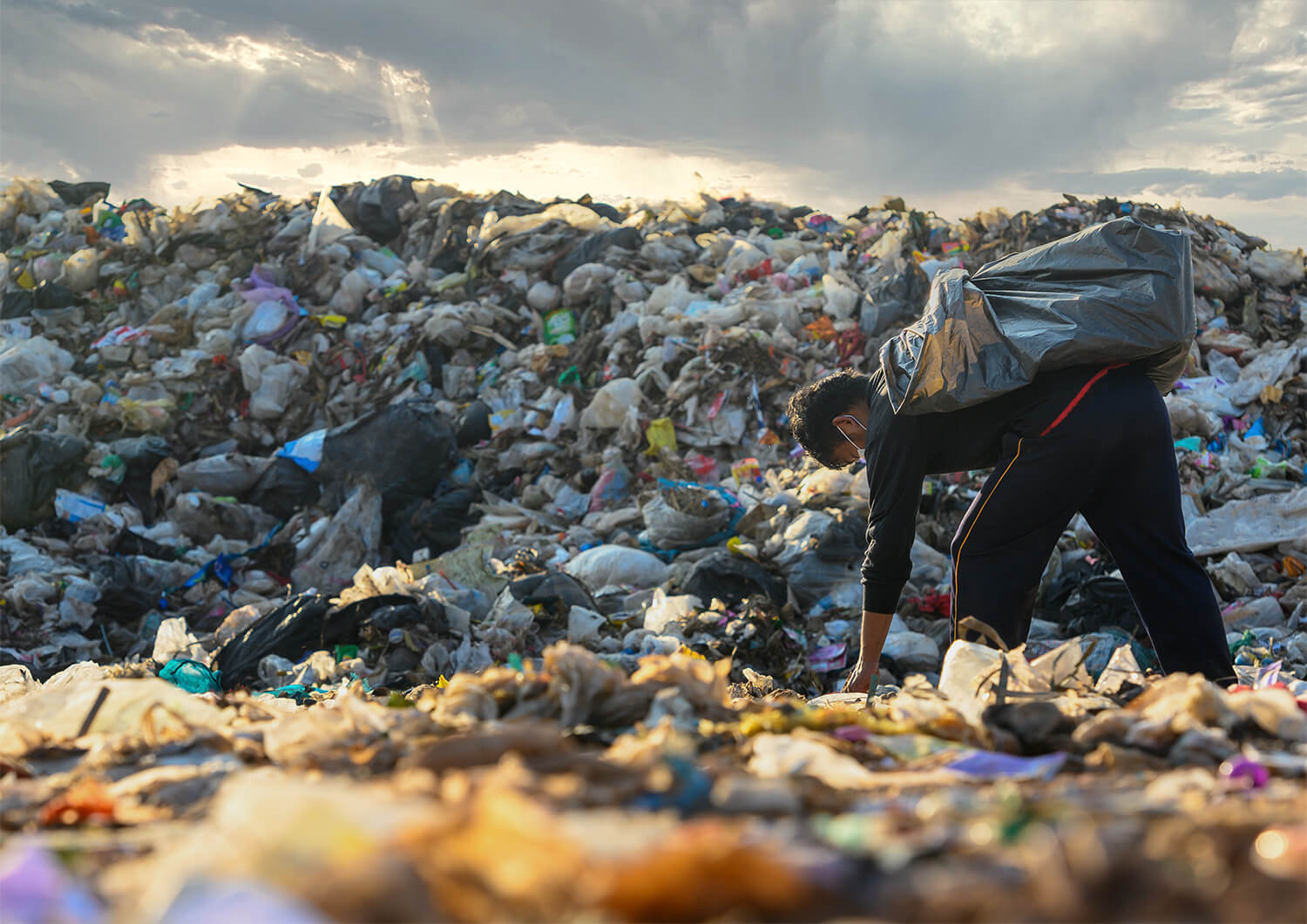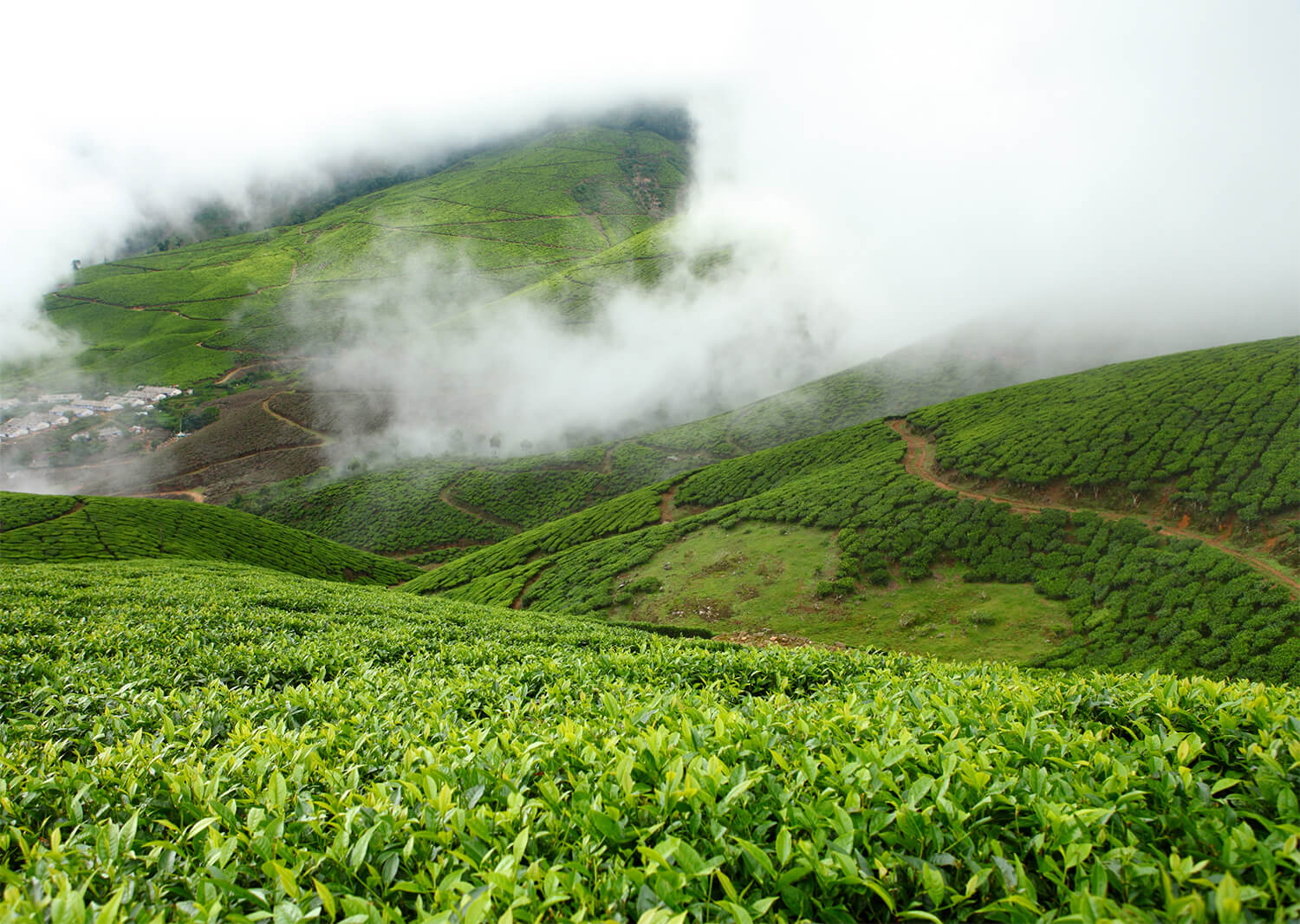Sustainable Development.

All human beings depend on the environment in which we live. Therefore, a safe, clean, healthy and sustainable environment is integral to the full enjoyment of a wide range of human rights, including our right to life, health, food, water and sanitation.
Without a healthy environment, we would be unable to fulfil our aspirations. In other words, we would be unable to access even the most fundamental standards that are synonymous with human dignity.

Therefore and as can clearly be seen from the above, the environment is far too important to be left just to international bodies such as the United Nations to find inspirational solutions. However, don’t worry most civilisations, religions, cultures and belief systems have concepts, positions or views on how we as humans interact with the environment and how we can solve the global environmental crisis. However, it is important to bear in mind that their concepts, positions and views may not be the same and their intentions may also not be the same. Nevertheless, the Sikh Human Rights Group (SHRG) is committed to promoting a wide variety of cultural and traditional perspectives that will help us to solve global environmental threats and issues at a national, international and truly global level.

Nevertheless, ethical principles are derived from theories, revelations and inspirations. That in turn gives rise to values and practices. Consequently, our behaviour towards the environment and sustainability is very much influenced by our civilisation or native belief system. Therefore, in recent years the recognition of the links between human rights and the environment has greatly increased around the globe. The number and scope of international and domestic laws, judicial decisions and academic studies on the relationship between human rights and the environment are growing rapidly. That in turn is broadly theorised in order to answer the same set of leading questions.

What is the status of the human in the complexities of evolution? Is it as the ultimate perfection of divine creation, a sudden and independent emergence upon earth, or was it a gradual evolution through species or another theory/hypothesis/revelation?
What is the status of the human to other life forms? Are we the masters of all other species or are we simply another species in the scheme of life? The only species with a conscience or simply another transient species in evolution?
What forms the basis of the human relationship with our environment? For instance, is it one of a guardian, a custodian, a symbiotic dependency, a dependent upon the earth and the environment, a species for which all has been created, a species with a divine or inherent right to exploit all that exists for its own individual or collective advantage, an instrumentalist relation or a species without any significance?
Is the interaction of the human to the environment one of fear, love, aware or a relationship without any tangible emotion?
Is the earth a living entity with a conscious, ability to protect itself against human-led destruction or is the earth an inert entity without the ability to survive destruction? Whilst this may be a simple question in your eyes it is extremely important to remember that other cultures and civilisations may have a different perspective.
Is there a language of doomsday (end of world, scorched earth theory) or a theory that the earth will punish humans, or a rationalist argument such as the environment will become so unsustainable and that humans will die out as a result of need, scarcity and so on…?
This may seem like an unsustainable argument, but it is important to remember that the way we live our lives, or our modern civilisations have not been around since the dawn of time. The world is ever changing and progressing but if history tells us anything it is not to take our current standard of living for granted as it may all be gone in an instance. Whether it’s caused by an asteroid hitting the earth or an environmental impact such as a tsunami or flood which is a direct result of the negative impacts of climate change.
